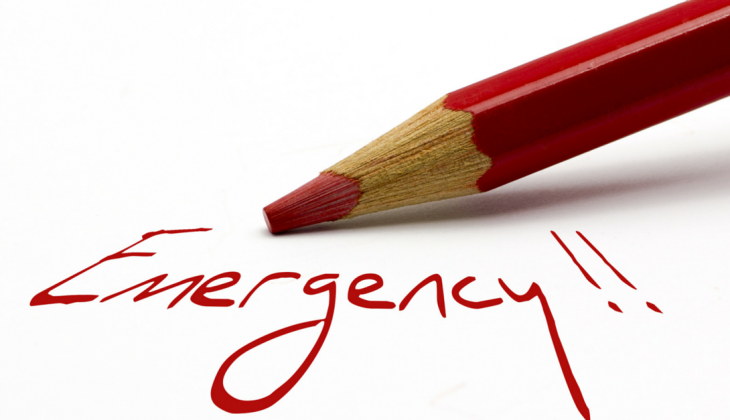Knowing when to treat a medical situation as an emergency can mean the difference between life and death. While the following list is not intended to include every kind of potential medical emergency, it does provide some common issues that act as red flags. The choice to make is whether or not to treat the problem at home, call your own doctor, or seek emergency help.
Emergency Warning Signs
- Fainting, sudden dizziness, weakness
- Changes in vision
- Difficulty breathing
- Confusion or difficulty walking
- Sudden and severe pain
- Suicidal or homicidal feelings
- Unusual abdominal pain
- Coughing or throwing up blood
- Uncontrolled bleeding
- Stiff neck with fever
- Rapid heartbeat that won’t slow down
- Poisoning
- Potential head trauma
Learning to recognize these warning signs and how to react to them can help you save both yourself and others.
Another question that is asked quite often is whether or not you should call an ambulance or drive yourself.
If you answer “yes” to any of the following questions, chances are you will best be served by calling an ambulance.
- Would you categorize the condition as potentially life-threatening?
- Would further injury occur if the person is moved?
- Is the condition subject to worsening during the drive to the hospital?
- Are distance and potential traffic at high risk to cause a delay?
- Is specialized skill and equipment needed?
Other Reasons
Of course there are other reasons to seek medical attention that may not necessarily be life threatening emergencies but do need to be attended to immediately.
- Cuts
- Vomiting and/or diarrhea
- Ear pain
- Allergic reactions
- Minor bites
- Suspected sprains or broken bones
- Sore throats
The best course of action is to always lean on the side of precaution. Take the time and stop by Beaumont Emergency Hospital. We will get you in and out quickly and back on the road to health.
